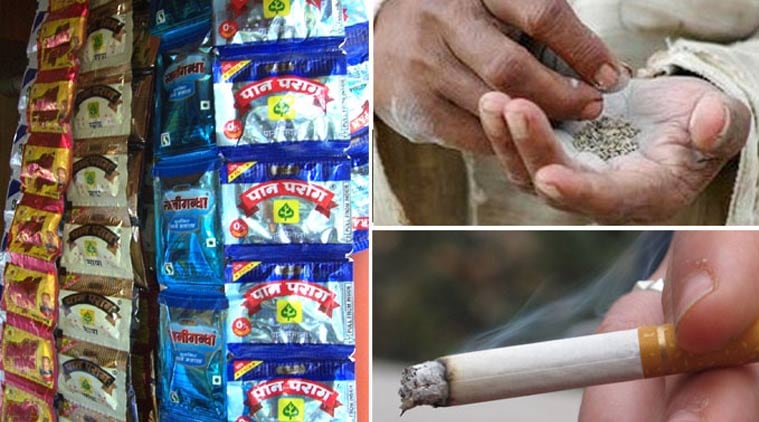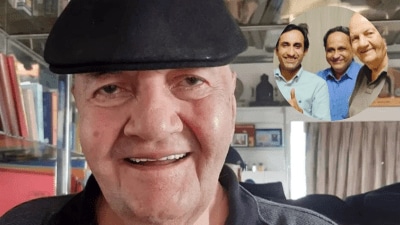 The results may be encouraging but public health experts recommend renewed efforts.
The results may be encouraging but public health experts recommend renewed efforts.
Restrictions on sale of tobacco, gutkha (chewing tobacco) and pan masala imposed by the Food and Drug Administration (FDA) may have worked to a certain extent but in Pune these products worth Rs 6.79 crore have still been seized in the last two years.
The results may be encouraging but public health experts recommend renewed efforts. Public health researchers from India and across the world have come together to lead a “turbo charged” effort against sale and consumption of tobacco. “A ban on sale of tobacco can save one billion lives,” experts have said as they get set to meet from March 17 -21 at Abu Dhabi, United Arab Emirates at the World Conference on Tobacco and Lung Health.

[related-post]
Dr K Srinath Reddy from Public Health Foundation of India is among the group of public health researchers who has written in a major new series in The Lancet to lead this effort against sale and consumption of tobacco.
Professors Robert Beaglehole and Ruth Bonita of the University of Auckland in New Zealand, along with Reddy and others called on the United Nations (UN) to take decisive action and phase out sale of tobacco by 2040.
Reddy told The Indian Express that with sufficient political support and stronger evidence-based action against the tobacco industry, a tobacco-free world — where less than 5% of adults use tobacco —could be possible in less than three decades.
One billion deaths from smoking and other forms of tobacco use are expected by the end of this century if efforts to tackle tobacco use are not accelerated. More than 80% of these deaths will be in low- and middle-income countries, whose populations will be most severely affected by the devastating economic and social burden of tobacco illness caused by tobacco in coming decades, experts have said.
A decade on, from WHO’s landmark introduction of the Framework Convention on Tobacco Control (FCTC), only 15% of the world’s population have adequate access to smoking cessation programmes. Moreover, less than one in ten people worldwide are covered by tobacco taxation at levels recommended by FCTC, despite research showing that increasing cost of tobacco through higher tax burden on the end user is one of the most effective ways to reduce consumption.
Story continues below this ad
In the same period, 50 million deaths have been caused by tobacco, indicating that the FCTC alone is insufficient to achieve substantive reductions in the use of tobacco. Dr Pankaj Chaturvedi who heads the Voice of Tobacco Victims that will make a presentation at the conference said the time has come for the world to acknowledge the damage done by the tobacco industry. He backed the call by experts for a turbo charged approach to achieve a tobacco-free world in 25 years where tobacco is out of sight, out of mind and out of fashion, and yet not prohibited.
Chewing tobacco is the cause of 7.1% of deaths from all medical causes among non-smoking non-drinkers from ages 35-69 in South India. Researchers from the Epidemiological Research Centre at Chennai Vendhan Gajalakshmi and Vendhan Kanimozhi have in the Asian Pacific Journal of Cancer Prevention published their study on tobacco chewing and adult mortality. Experts have said that the study was significant as not only does it highlight the magnitude of problems associated with chewing of tobacco, but it also shows those who chew tobacco have a higher mortality rate and are at a higher risk of respiratory diseases such as tuberculosis.

 The results may be encouraging but public health experts recommend renewed efforts.
The results may be encouraging but public health experts recommend renewed efforts.






